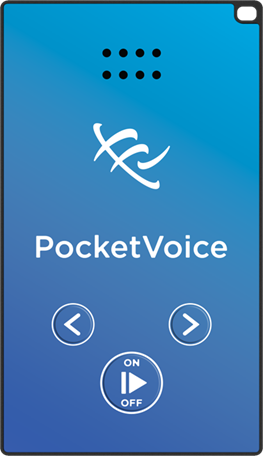International Joke Day is July 1, 2024!
- Janet Brokken
- Jun 26, 2023
- 3 min read
Updated: Jun 25, 2024
Let's talk about the hilarious world of puns!

Introduction
A pun is a type of wordplay that uses similar-sounding words or terms with various meanings to create a comic or rhetorical impact. It is a particular kind of joke that plays with words, and to properly grasp its subtleties, the listener or reader will frequently need to engage intellectually.
Puns can be found in a wide range of contexts, such as literature, advertising, and ordinary speech. They are frequently used to communicate a point in an original and memorable way or to add humor or ingenuity to a message.
Different Puns
Puns come in a variety of forms, each with special qualities and applications. The homographic pun, which uses words with the same spelling but different meanings, is one popular form. 'I saw a man yesterday who devoured a dictionary,' for instance. The phrase "He gave me thesaurus throat I've ever had" uses the word "thesaurus" twice.
The homophonic pun uses words that have similar sounds but different meanings as another sort of pun. This is illustrated by the question "Why did the tomato turn red? 'Because it spotted the salad dressing!' uses the word 'red' twice.
The Origin of Puns
Puns have been used for centuries, and Greek and Roman literature is full of examples. Puns did not, however, become a common type of wordplay in Europe until the Renaissance. Puns were often employed at this time by poets and playwrights like William Shakespeare and John Donne. Puns are still a common type of wordplay and humor in the present period. They are used frequently as a method to connect with audiences and lend a dash of wit and intelligence to a message. They may be found in anything from advertising slogans to social media memes.
Advantages of Puns
Puns can help make a statement more remembered and compelling, which is one of their key advantages. Puns can draw in an audience by adding comedy and ingenuity to a message, increasing the likelihood that they will pay attention and remember what was said.
Puns can also be used to explain difficult ideas or concepts in a clear and understandable manner. Puns can assist a message to become more relevant to a larger audience by employing wordplay to make it simpler.

Objections to Puns
Though they are common and valuable, puns are not without criticism. Puns, according to some, are overused and, if used too frequently, can grow old or obnoxious. Some people think puns are a cheap type of humor that lacks sophistication or nuance.
Puns, according to their supporters, can be used in a variety of circumstances to add humor, inventiveness, and nuance to a message. They are also a useful tool for communication and self-expression.
Conclusion
Persuasive wordplay techniques like puns can be used to bring humor, originality, and nuance to a message. Puns can allow you to connect with your audience and make your message more memorable and compelling, whether you're writing a novel, an advertisement, or just talking to your friends.
Don't frown or roll your eyes the next time a pun is said. Instead, pause to admire the wit and creativity that went into it, and perhaps even try to think up a few puns of your own!
Download our free joke class:
You can see Allen's free joke-telling class here:
%20(1)%20(1).png)















Comments